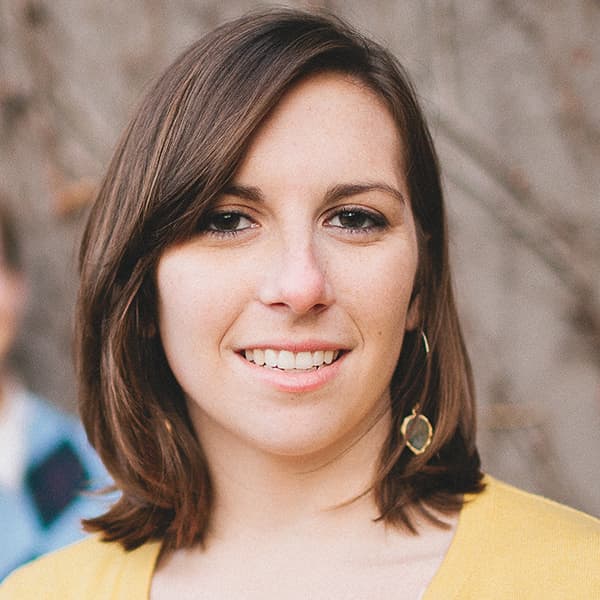Advertisement
Mass. Lifts Coronavirus-Related Mandates For Child Care Settings
Child care providers in Massachusetts are no longer required to follow coronavirus-related protocols.
On Saturday, the state's Department of Early Education and Care eliminated its previous coronavirus-related requirements, replacing them with suggestions instead. The rapid switch from state mandate to flexible guidance has caused confusion and worry among providers who are balancing the stresses and needs of staff, families and young children, the latter which are not yet eligible for vaccination.
The Baker administration is no longer requiring children under 5 to wear masks in child care settings — inside or outside. Providers no longer have to keep children separated by at least 3 feet indoors or screen children and staff for symptoms when they arrive.
Programs also do not have to cap groups at 10 children and can now combine classrooms or assign so-called "float" teachers to work in different rooms throughout the day.
"We knew that changes would be forthcoming, but it felt like they just flipped a switch and everything was being all of a sudden turned off," Donna Denette, executive director of the Children First Center in Granby, said. Her center serves toddlers and preschoolers, includes a private kindergarten and an after-school program for children through the sixth grade. It is still serving as a remote learning center for kids from five different districts.
The move was added to several other big changes on May 29, when the state lifted nearly all coronavirus restrictions on businesses. Unlike the loosening of other business rules, the state gave child care providers just one day's notice about the switch back to pre-pandemic regulations. Students, teachers and staff in K-12 schools are still required by the state to wear masks indoors, regardless of vaccination status.
For early education settings, state leaders are suggesting providers keep some precautions against the virus, including mask-wearing indoors for anyone over 5 years old who is not vaccinated.
Providers are also encouraged to take steps to increase air flow inside, boost cleaning and hygiene, and arrange their spaces to encourage a minimum of 6 feet between kids during naps and meal times and at least 3 feet at other times indoors.
Providers can elect to use other pandemic safeguards if they choose.
"When you read the suggested guidance, it's no different from what we've been doing," Denette said. "Where's the science that says that it's OK for us not to do that anymore? That's where I'm sitting. I'm sitting in that unknown of: you didn't explain this to me so that I can explain it to teachers and families."
State Early Education and Care Commissioner Samantha Aigner-Treworgy was not available for comment. A spokeswoman told WBUR in an email that the department will continue to provide personal protective equipment, sanitation and other supplies through the end of the summer, and will reassess at that point.
All of the early education providers WBUR spoke with said they are keeping existing protocols in place for now.
"I think it's too soon," said Giselle Pierre, a home-based provider in Randolph. "There's a lot of people I've been hearing that they're not going to be taking the vaccine."
Though Pierre is fully vaccinated, she'll continue wearing a mask at work and in the community. Her mother was hospitalized with COVID-19 and recovered, an experience Pierre described as "nerve-wracking" as she could not visit or physically comfort her mother in the hospital. While Pierre believes everyone should still take precautions to protect themselves and others from becoming ill, some parents she serves are not planning to get vaccinated and only wear masks when dropping off or picking up their children.
When Gov. Charlie Baker announced May 17 that all industries would be allowed to reopen at 100% capacity on May 29, he said the state was on track to vaccinate 4 million residents by the first week of June. Pfizer's coronavirus vaccine has been approved for anyone age 12 and older, and it is currently the only vaccine in the U.S. approved for some children. According to the latest state figures, more than 3.6 million residents are now fully vaccinated.
"There is joy in the fact that there is light at the end of that tunnel, but you can't speed it up," Mary Kinsella Scannell, head of education and programming at the Boys and Girls Club of Dorchester. "We just need to be very careful in our approach to this as we do get back to our normal."
Like other providers, Kinsella Scannell said she has been regularly communicating with teachers, staff and families about what protocols work for them as they decide what changes — if any — they will make in the coming weeks and months.
That communication will be key, as families may want more or less precautions. Without the state requirements, some providers say they have been put in a challenging position to determine which pandemic practices to hang onto or lose altogether.
"I can imagine situations where there will be staff or family members [who] will disagree with a program whether they are being too conservative or not conservative enough," CEO of Nurtury and former Boston Public Schools Superintendent Laura Perille said. "That will create real pressure on an individual family care provider, a center, a director to have to explain, defend and respond when all we're trying to do is follow what we think is the safest and best guidance to protect the safety of our children, families and staff."
For now, Perille said her organization will be more conservative. For example: they will likely allow children and staff to forgo masks outdoors, but still require them inside.
This article was originally published on June 01, 2021.
